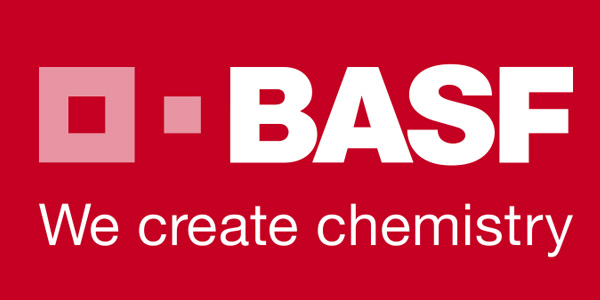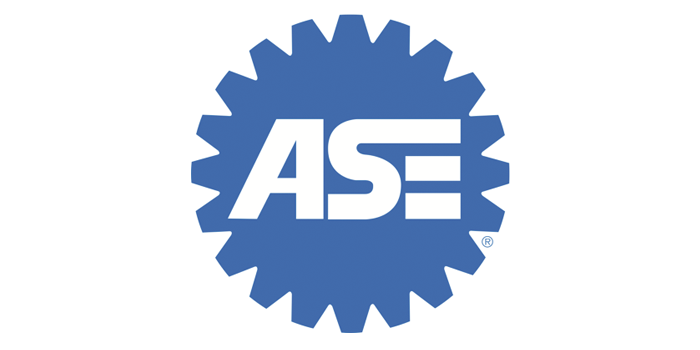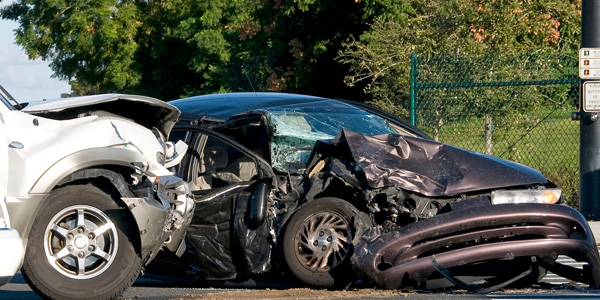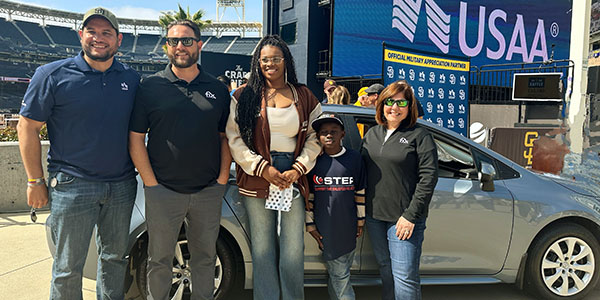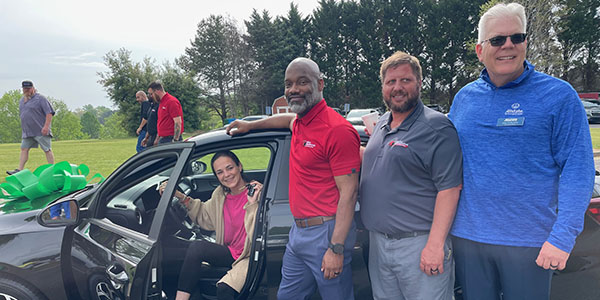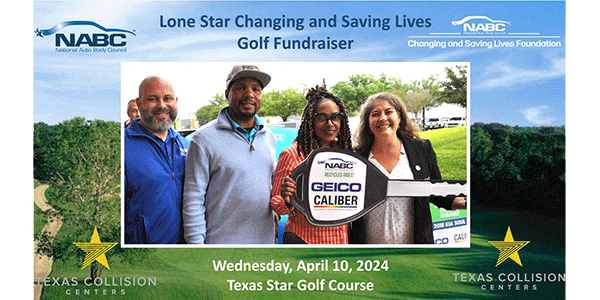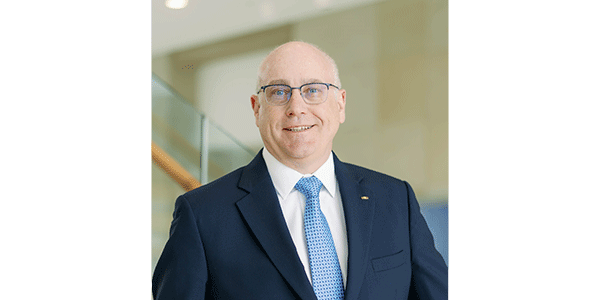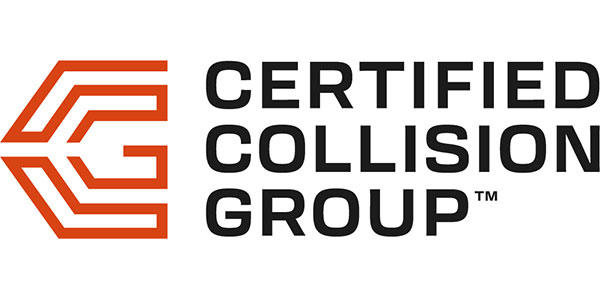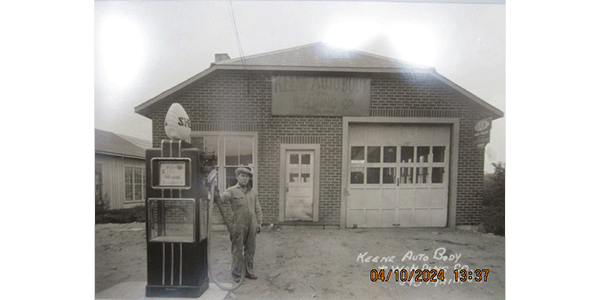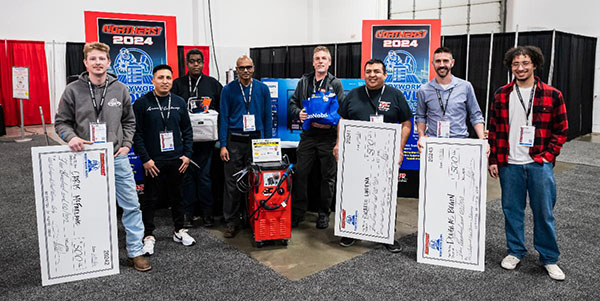Reducing the ecological footprint towards CO2 neutrality is a significant goal for many industries and value chains, including the coating and pre-treatment processes of the automotive industry. Through its GLASS tool, BASF’s Coatings division offers an analysis approach that enables transparency and supports customers in making informed decisions for sustainable surface solutions.
GLASS stands for Global Life Cycle Assessment of Automotive Surface Solutions. It refers to the calculation and identification of environmental impacts such as CO2 emissions and associated costs. The analysis follows the cradle-to-grave approach, covering the entire value chain from raw material extraction via pre-treatment to clearcoat as the final step of the coating process. From this transparency, customers can derive optimizations of costs, performance and their ecological footprint. The GLASS tool has been tested by an independent third party and fulfills the relevant
components according to DIN EN ISO 14040 and 14044.
“A coating with its various layers of paint contributes approximately 30 kg of CO2 per manufactured vehicle,” said Sabrina Platzek, vice president, Global Marketing, Automotive OEM Coatings. “However, the actual application process has a much larger impact accounting for at least 150 kg of CO2 per vehicle, which makes approximately one-third of the vehicle manufacturing process. Therefore, in addition to the product carbon footprint of the coating, it is important to make the footprint of the coating process in the paint shop transparent — as well as the energy consumption and related cost. Only with comprehensive data and simulation, it is possible to derive impactful measures. That is precisely what we can achieve for our customers with GLASS — and this provides an exceptional insight for the industry.”
GLASS is based on an adapted lifecycle analysis model. It not only considers individual aspects of the paint application process, such as specific ovens or coating systems, but also allows BASF Coatings and the customer to analyze the environmental impacts of all essential components throughout the application process and across all layers in a modular approach. Regional and site-specific factors, such as local climate conditions, energy use and customer-specific application processes or production structures are also considered. The modular structure of the model allows for consideration and analysis of specific aspects of interest or the entire painting line.
“Once transparency is established, we can provide targeted advice to our customers and develop solutions together,” said Tim Banik, lifecycle assessment expert at BASF Coatings and developer of GLASS. “These can be CO2-reduced technologies at the beginning of the value chain or solutions that have a CO2-reducing effect when applied.
Added Dr. Markus Piepenbrink, director of sustainability, BASF Coatings, “We aim to lead the way in sustainability in our industry. Therefore, it is at the center of all our actions. The positive feedback from the market proves that this is the right way. That is why in the long-term we are looking forward to offering GLASS not only to the automotive OEM coatings industry, but also to other application areas.”
For more information on GLASS and sustainability at BASF Coatings, visit basf-coatings.com/sustainability.

